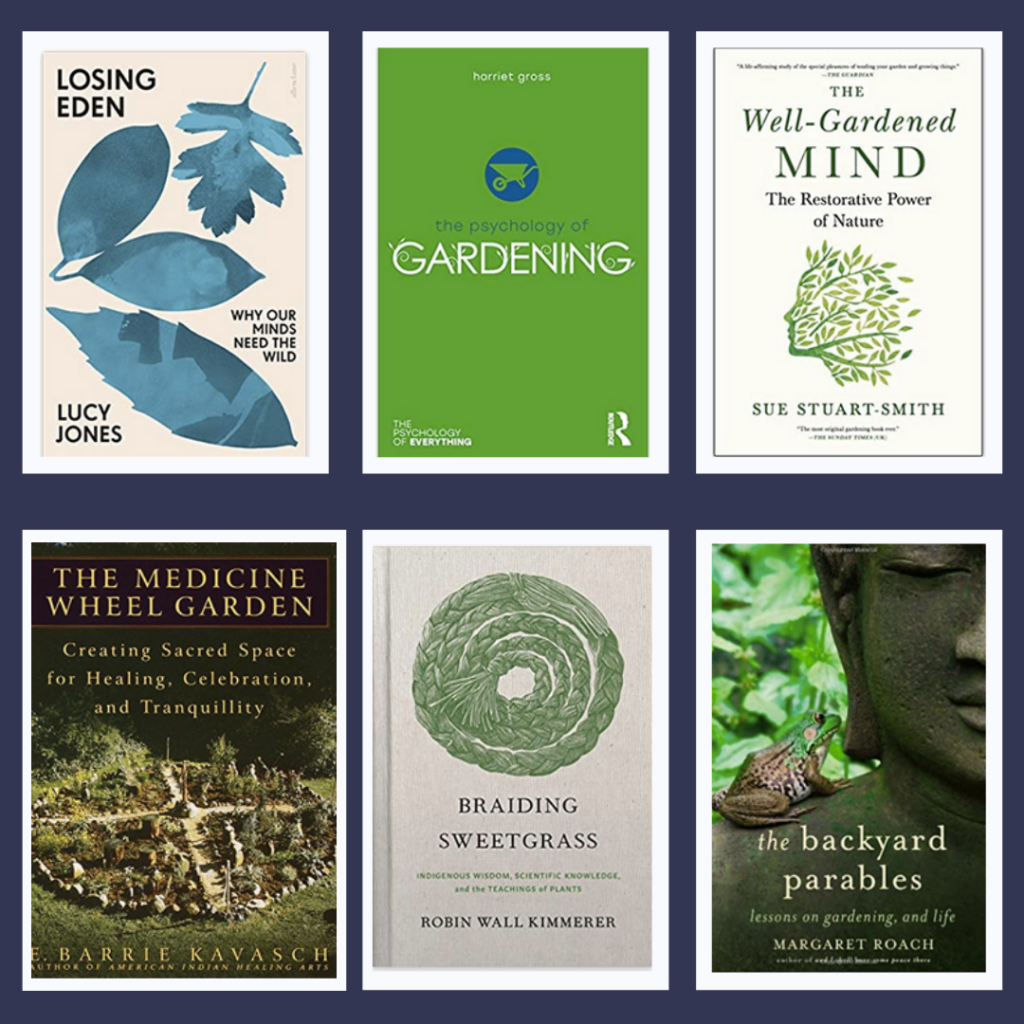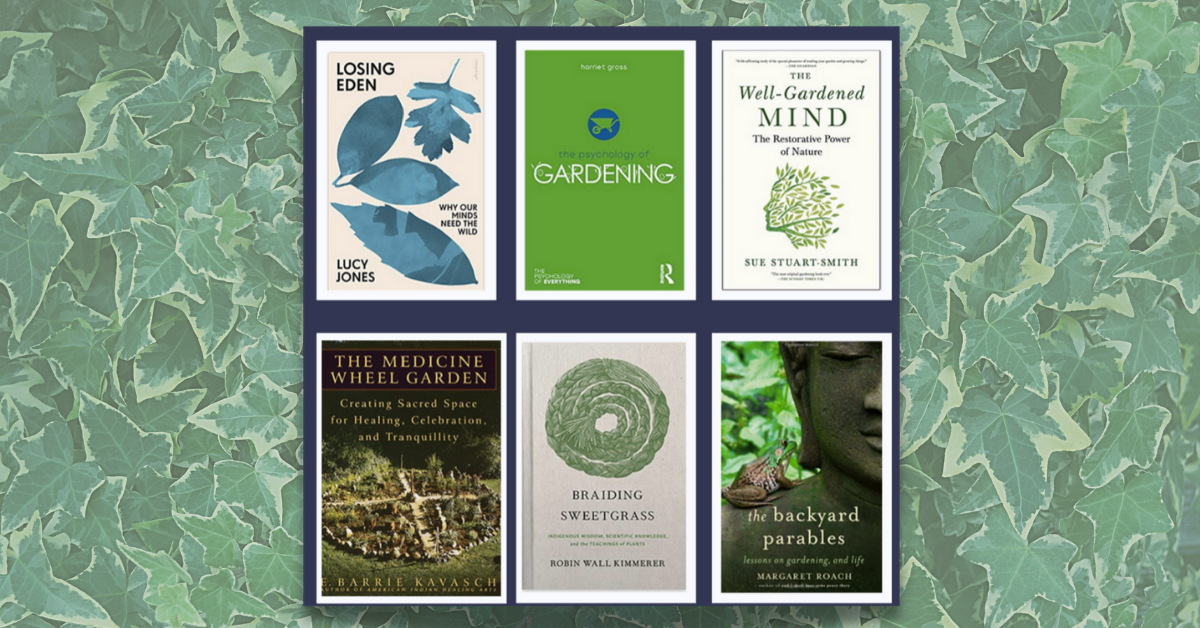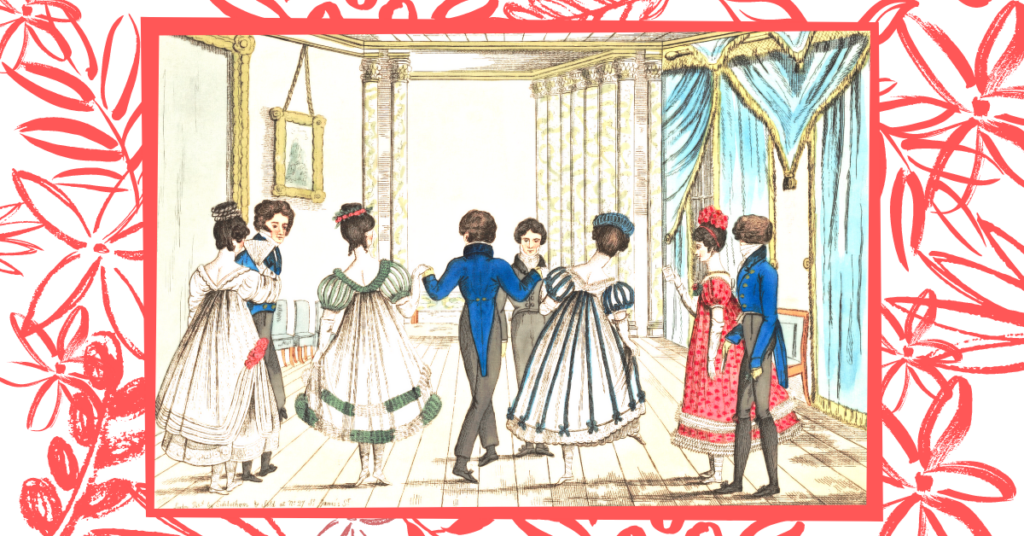“To plant a garden is to believe in tomorrow.” – Audrey Hepburn
Sowing seeds on a blank plot of earth requires optimism, determination and patience from any would-be gardener. The outcome is unpredictable, as the desired bounty is easily impacted by weeds, pests and the whims of Mother Nature.
Happily, the rewards of gardening aren’t measured by yield alone. Research shows the act of gardening is linked to a bevy of mental health benefits, such as reduced stress, anxiety and depression, and increased self-esteem, among others.
During the pandemic, seed companies and garden stores racked up record sales as more people than ever turned to gardening for solace and comfort. Experts suggest that working with soil can be grounding and provides a sense of security in uncertain times.
The concept of therapeutic gardening is far from new. The first known acknowledgement of the rehabilitative qualities of gardens dates back to the 1100s AD, in a description of a hospice garden in Clairvaux, France. Today, therapeutic gardening is used as treatment in settings such as hospitals, schools, retirement homes and correctional facilities.
For anyone seeking to learn more about the strong connection between gardening and mental well-being, we recommend the following reads:

The Backyard Parables: Lessons on Gardening and Life, by Margaret Roach
With 30+ years of gardening experience under her belt, Margaret Roach diverges from gardening advice in The Backyard Parables to offer thoughtful and inspiring meditations on nature, spirituality, and her belief in gardening with the head and the heart.
The Psychology of Gardening, by Harriet Gross
Psychology professor Harriet Gross packs this slim book full of scientific interviews and evidence-based studies on the mental benefits of gardening, her scope ranging from time perception and cognitive restoration to the deeper meaning of the garden and how nature can shape identity.
The Well Gardened Mind: The Restorative Power of Nature, by Sue Stuart-Smith
The Well Gardened Mind explores the nurturing, restorative power of gardening alongside detailed accounts of the relationship between nature and cognition. Equal parts passionate gardener and distinguished psychologist, Stuart-Smith blends personal reflections and historical examples with interviews from her own patients to assert the connection between gardening and mental health.
The Medicine Wheel Garden: Creating Sacred Space for Healing, Celebration, and Tranquility, by E. Barrie Kavasch
Compiled by a herbologist and ethnobotanist who has spent his life studying with native healers, this guide explores American Indian healing practices centered around a belief in the power of nature, including herbal recipes, medicine wheel planting guides, seasonal rituals and meditations, and an encyclopedia of healing herbs.
Losing Eden, by Lucy Jones
A fascinating look into the connection between psychological well-being and the natural world, Losing Eden explores our increasingly dysfunctional relationship with nature through the lens of neuroscience, biology, psychology, and passionate personal reflection.
Braiding Sweetgrass: Indigenous Wisdom, Scientific Knowledge and the Teachings of Plants, by Robin Wall Kimmerer
Potawatomi botanist and ecologist Robin Wall Kimmerer’s book thoughtfully asserts the importance of a reciprocal relationship with the world using a blend of scientific knowledge and indigenous wisdom passed down through generations.




